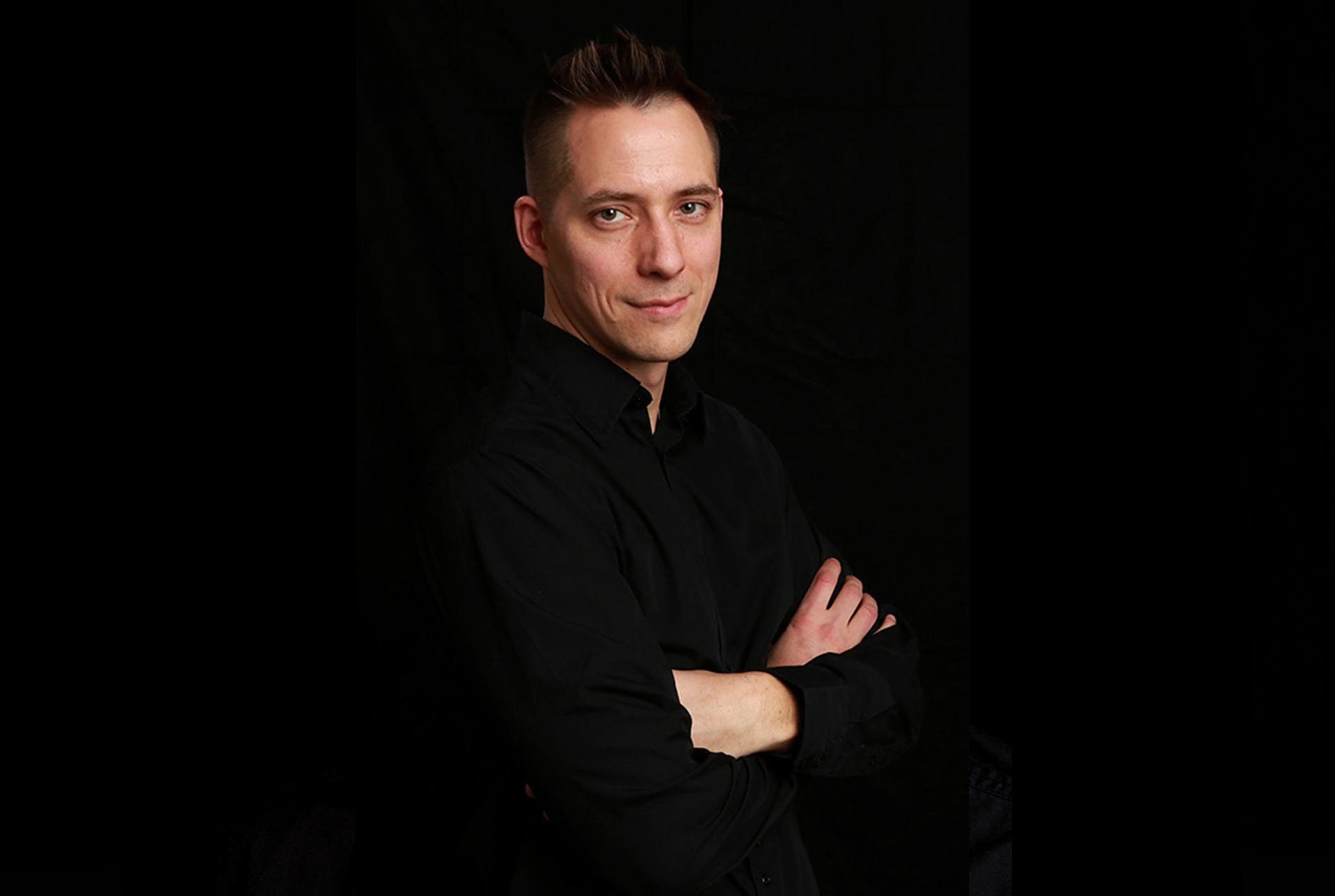President’s Letter: Data Analytics in the Context of Liberal Learning
Many liberal arts colleges have come under extraordinary duress in recent years, and many universities (when not just focused on specialized research) seem to have abandoned broad, contextual learning in favor of vocational majors, TV-friendly athletics, and cultivating a party atmosphere so as to lure a new generation of prospective students and parents. In many cases, these recruitment strategies are cloaked in an appeal to teaching students through (and with) Big Data, as if data were somehow separate from a liberal education.
Liberal education in America has been under pressure before, and this is one of those moments when it can emerge stronger than ever. The stakes are high, from national political debate desperate for critical thinking to an economy eager for innovation. Our great colleges and universities have trouble responding because they are plagued by a crisis of legitimacy, even though students and researchers from all over the world compete mightily to study and work on our campuses. Higher education should be the pride of our country. Universities need to renew their commitment to a pragmatic liberal education—to learning with breadth, concepts, and connection to the public good. Whether through traditional classrooms or new pedagogical techniques, we must rededicate ourselves to teaching everything from great books to transformational historical trends to landmarks of scientific thinking in ways that translate beyond the University.
As you will see in this issue of the magazine, data analysis can thrive at the heart of a broad-based, pragmatic liberal education. Every field can benefit from it—from ethnographic studies that aim to ground anecdote in a broader understanding of society, to computational chemistry, to complex experiments that test the ways surfaces can interact with one another. Data analysts interact with computational physicists and artists, with economists and musicologists. A liberal education approach to data and its visualization considers ecology and ethics along with sustainability and sociology.
Wesleyan has long had faculty specializing in quantitative study on campus, but only in recent years have we seen an efflorescence of the use of statistics and computational power throughout the curriculum. Lisa Dierker and Jen Rose, for example, have developed “Passion Driven Statistics,” creating new models of project-based learning that are already attracting students across all three divisions. Some of these students will be entrepreneurs, others will be authors and scientists. The mix will lead to creative approaches that are grounded in solid reasoning to address issues that matter.
Data analysis is as broad as we imagine it. At Wesleyan, we embrace the broadly pragmatic because we also have the courage to resist those who want to steer higher education in the direction of a pseudo-practicality. A strictly utilitarian education produces graduates who will conform to the status quo, but in our period of extraordinary change, the status quo almost immediately becomes obsolete. Liberal education is responsive to the changing needs of students and to the development of new modes of knowing, and hence our curriculum is constantly evolving. The mix of tradition and innovation at Wesleyan is a perfect context for contemporary data analytics, broadly conceived.
Liberal arts education today can be bold, encompassing, and pragmatic, empowering students with potent ways of dealing with the issues they will face at work and in life. In the years ahead, liberal learning at Wesleyan will link data analytics with engineering and economics, with the arts and computer science, with the study of philosophy and the building of more just institutions. In fact, it already is. From John Dewey to W.E.B. Du Bois to Jane Addams, Americans have recognized that a broad, contextual education protects and inspires. Data analytics in the context of liberal learning at Wesleyan isn’t only training; it is an invitation to think and create for oneself—and to act in concert with others to face serious challenges and create far-reaching opportunities.n

